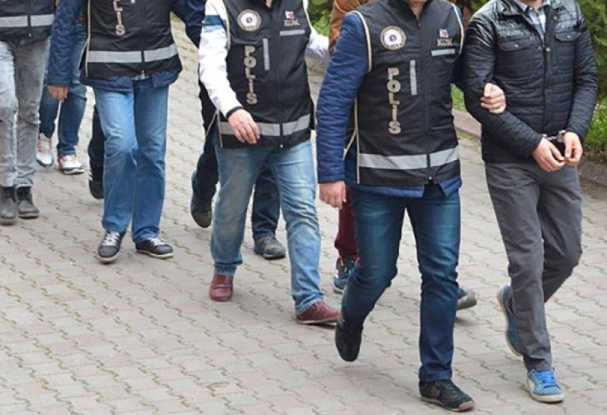Turkish authorities have detained 267 people since Tuesday, including 14 police officers arrested on Thursday in İzmir, amid an ongoing sweeping crackdown targeting alleged affiliates of the Gülen movement. The operations represent the latest in a series of government actions widely criticized by human rights organizations and international observers as politically motivated purges lacking credible evidence.
The arrests follow coordinated raids ordered by the İzmir Chief Public Prosecutor’s Office and focus on suspicions of secret communications via payphones — a method that prosecutors have controversially used to infer guilt by association based solely on call timing patterns. According to prosecutors, if a person’s phone number appears immediately before or after a known suspect’s call on a payphone, that individual is assumed to have links to the movement, raising serious concerns about the presumption of innocence.
The Gülen movement, inspired by the late Muslim cleric Fethullah Gülen, has been the target of relentless repression since 2013. That year’s corruption investigations implicated then-Prime Minister Recep Tayyip Erdoğan and close allies, triggering a campaign of reprisals that Erdoğan branded as a “coup attempt” by Gülen followers — an allegation that remains highly disputed and unproven in any impartial judicial setting.
In May 2016, the Turkish government officially labeled the Gülen movement a terrorist organization, a designation criticized by legal experts as lacking due process and used primarily to justify widespread purges across state institutions. The crackdown accelerated dramatically after the failed July 2016 coup attempt, which Erdoğan swiftly attributed to Gülenists despite the absence of transparent investigations and credible evidence. The movement strongly denies any involvement in the coup or terrorism.
Since then, tens of thousands of alleged Gülen sympathizers have been dismissed, detained, or imprisoned, many without formal charges or fair trials. The latest wave of detentions, including military personnel and police officers, has raised alarm over the erosion of rule of law and the growing politicization of Turkey’s judiciary and security apparatus.
Human rights groups and international observers have condemned the broad use of vaguely defined “terrorism” allegations and questionable evidence such as call logs and associations to justify arrests, calling for immediate respect for fundamental rights and legal safeguards.
These arrests come amid ongoing concerns that the crackdown on the Gülen movement is less about national security and more about consolidating political power by silencing dissent and eliminating perceived opponents within critical institutions.



